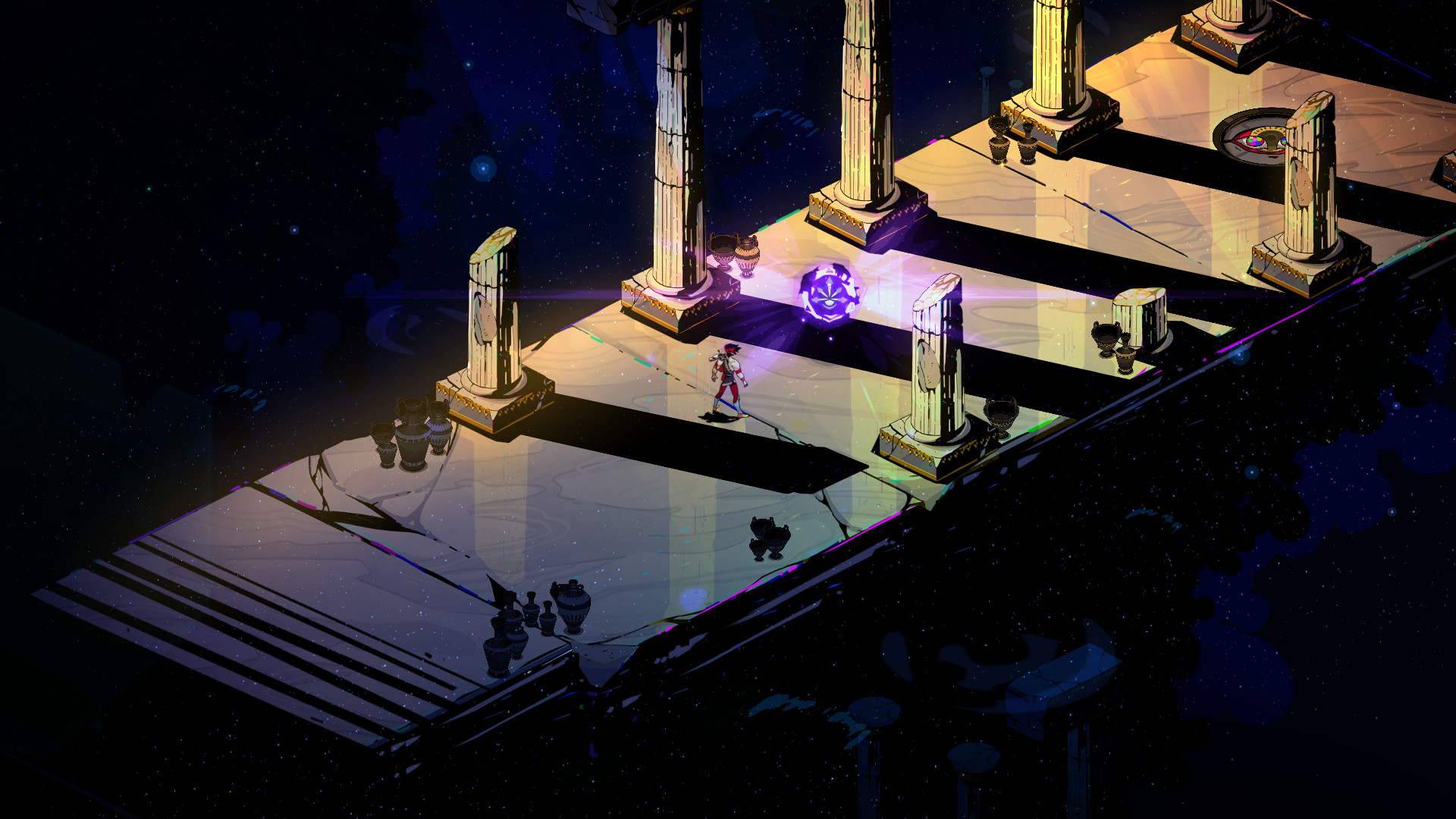How you move your mouse can indicate whether or not you you take risks
A research study has shown an indication between risk-taking behavior and moving towards risky choices.

Researchers in psychology have found that how people move their mouse may well be an indication of their penchant for risk-taking: Given the choice between a risky and non-risky option, those who take risks move towards the risky option at first... even if they end up choosing the safe bet. Likewise, those who have a lower risk tolerance tended to move their mouse towards a safe choice, even if they ended up picking the gamble.
"We show that measuring mouse movements while participants are deciding between a risky gamble and a certain payout powerfully detects their conflict about the options," says the paper, "and that this conflict strongly predicts their risk preferences. Further, mouse movements are predictive of risk preferences even when choice outcomes are not."
In short, tracking the study participants' mouse movements allowed the scientists to get a glimpse inside how they made choices, not just what those choices were. "“How much their hand is drawn to the choice they didn’t make can reveal a lot about how difficult the decision was for them,” said lead study author Paul Stillman to Ohio State News.
It's a particularly interesting conclusion—and a familiar one—if you're a consistent gamer. All those times in Hades where you mouse over the riskier pick of Boon before you choose the safer one that goes more easily in your build? Those times you picked a flat damage bonus over increased chance of a critical hit? Or, honestly, just your base preference for chance-based game mechanics over predictable effects. Are you the kind of person who hates Hearthstone's unpredictable Reno decks and Yogg-Saron spam, or do you love them?
I honestly can't overstate how obvious these findings feel to me based on how I act in games where a choice between a safe bet and a risk is presented, but I've never heard someone confirm this behavior as not just widespread, but predictive. Ian Krajbich, a collaborator on the Study, said that "“In many cases, we could accurately predict how people would behave in the future after we observed them just once choosing to take a gamble or not."
The study was by Paul Stillman, Ian Krajbach, and Melissa J. Ferguson. It was published in the Proceedings of the National Academy of Sciences.
Keep up to date with the most important stories and the best deals, as picked by the PC Gamer team.
Jon Bolding is a games writer and critic with an extensive background in strategy games. When he's not on his PC, he can be found playing every tabletop game under the sun.

